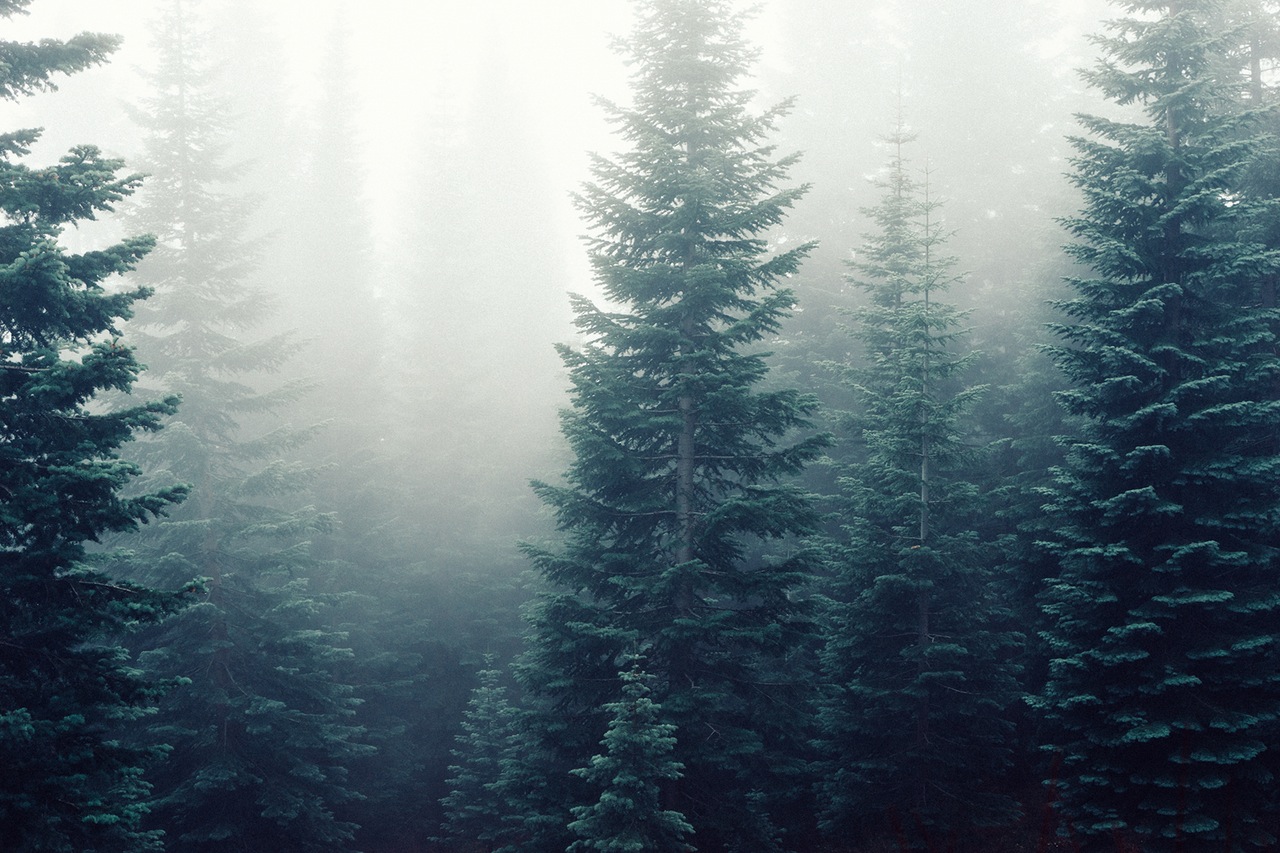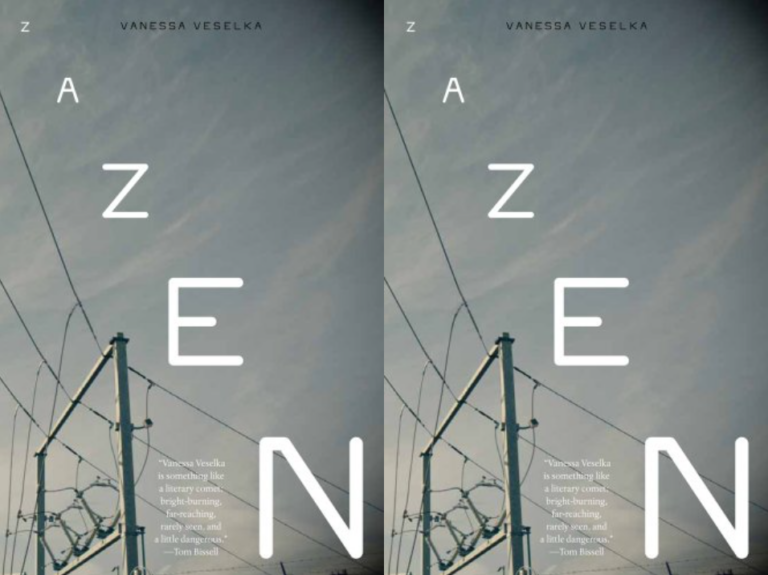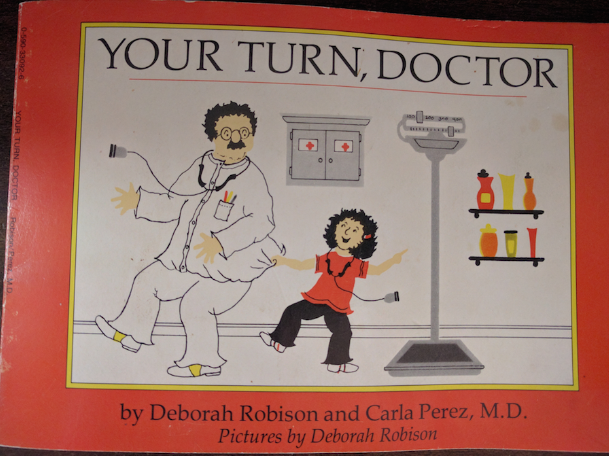Tracing Literary Family Trees: An Interview with Mark Wunderlich
Mark Wunderlich is a poet from the Midwest living in Hudson Valley, teaching at Bennington College. He’s received many fellowships, including those from the National Endowment for the Arts, the MacDowell Colony, and the Bread Loaf Writers Conference. Megan Mayhew Bergman interviewed him for Ploughshares on craft, place, and essential reading for the new reader of poetry.
Megan Mayhew Bergman: As far as I know, I own all of your books, and what stands out to me are the dying notions of small Midwestern towns, the savagery of animal life and human action, physicality, darkness, intimacy.
When it comes to the notion of home–and particularly the Midwest (I think particularly of Winter of Heaven, Winter of Ash, or Suture)–how has your thinking or work changed over time? Do you feel yourself coming back, artistically, to these places? Is there more to excavate there?
Mark Wunderlich: I don’t think I’ll ever be done writing and thinking about my birthplace. The town I grew up in is small, isolated, culturally distinctive (and distinctly monochrome) and deeply rural. The landscape is unique geographically, beautiful and even a little mysterious, (if Wisconsin can be described that way!). I grew up with animals, rural traditions, seasonal cycles that were tied to agricultural activities—planting, harvest, hunting seasons, lambing season, apple blossom time, slaughtering, etc. I feel lucky that I had the experience of knowing these activities and seasonal increments not just as metaphors, but as actual events and real work I got to perform. I don’t know that I will ever be done with that place or those experiences—are we ever really done with our own childhood?
As far as an evolution of my thinking about my place of origin, I think my first book was much more ambivalent about my rural upbringing. I always knew that I was going to have to leave my hometown—to get an education, to make a life for myself, to find love and companionship. I think when you know you have to leave a place behind, you start to find those aspects of the place you dislike. Once I left Wisconsin and moved to New York City, I fell in love with my new urban life. My geographic distance allowed me to see and consider my former home and my relationship to it. Now, I’m much less ambivalent about my rural past—perhaps because I now have a rural present. As time passes, I understand that my connection to the home place is beginning to fray. This is normal, though I feel I’m losing a connection to an essential part of my identity.
MMB: You are able, in my opinion, to render your animal subjects in a way that solicits a visceral reaction from a reader–the rippling neck muscles of a horse, a writhing snake, the sandshark with a hook in its mouth–“nosing up from the bottom/ of the bay.” What would you attribute this ability, or thematic work, to? A capacity for observation? Have you always had an eye on, or a hand in, the natural world?
MW: My formative life experiences were spent in the woods and fields around the family farm, and I have always been involved with animals. Until I limped through high school chemistry with a low C, I thought I would become a veterinarian. That didn’t work out, obviously, but for much of life I have lived around and with animals—wild ones, companion animals and livestock. As a writer, I’m interested in observation and description as a method of arriving at revelation. As human animals, I think our interest in other kinds of animal life is wired into our bodies and our minds. We are drawn to them, afraid of them, we want to eat them, posses them, harness their abilities to our own wishes. And though they respond to us, and we to them, we can never really know what it’s like to be in their bodies or minds, though we project our understanding of sensory experience onto them all the time. When I write about animals, I want to describe their essential “animal-ness” rather than giving them human attributes. That’s almost impossible to do, but I keep trying to use poems as vehicles for thinking about animals and people as our lives intertwine and connect.
In my life now, I live in the country again. I grow food, garden and look after trees, heat with wood, keep some animals, keep bees, have wildlife coming into my circle of experience, and that all feels very rich and authentic, connecting me to the life of the living world.
MMB: I often tell fiction students to get out in the world–get their hands dirty in life, get their hearts broken, develop some expertise that feeds the writing in some way. Do you feel the same is necessary for poetry? You have undertaken unusual research trips in the past, if I’m not mistaken. Ones that involve cold tundra and reindeer.
MW: What else do we have as writers but our own subjectivity? What we know, what we have seen and heard and felt, what we love and hate, our bodies and appetites and urges, everything we have read and done—in addition to what we can imagine—these are the sources of our work. Sensory experience connects us to others, and to the past. Sensory experience connects us to the world and offers us pleasure. Why else are we in these bodies, if not to use them? As for my travels, in recent years I have been going to places near or north of the Arctic Circle, for reasons readers may see as eccentric. I love the cold, winter, bleak and dramatic landscapes, the feeling of cold air hitting my lungs. I guess these places make me feel more fully alive. A few years ago, I went winter camping in Swedish Lapland. The guide and I travelled via reindeer sled, completing a loop of an ancient trading route that used to run from Siberia over to the Norwegian coast. I spent days balancing on a sled driving a large reindeer gelding through snowy February forests and across frozen lakes. At night we slept in tents, or in rustic hunting cabins along the route. I felt sometimes as though I was in a waking dream, but the snap of cold snow in your face kicked up from the sled, or a hot blast from a sauna at one of the cabins pulled me back into myself. I have written about that experience, and other trips since, and I find myself thinking about coldness not just as an experience, but as an idea. This feels poignant to me in our current warming world.
MMB: What is most difficult for you as a writer, technically–finding the heart of a poem, or nailing its structure? Is one more natural than the other?
MW: One of the great benefits of my work as a teacher is that I have been able to continue my education. I teach courses at Bennington College on Whitman and Dickinson, Rilke and Celan, Shakespeare, the Romantic Poets, Auden and others. I also help students to shape their own creative work in the many workshops I teach. This has taught me a great deal about the ways in which poems are put together—their patterns and rhythms, the way images work and ideas move. That understanding which has been built from years of reading and teaching has made me more adept at making decisions about structure and form. The key is always have the form serve as the vehicle for the subject and language of the poem. These things are inseparable, and really all interesting conversations about art come down to form. Creating occasions in which the mind is able to conceive of poems is the tricky part, and this relies on how I structure my days.
MMB: If you were to make a five book reading list for someone just finding their way as a reader of poetry, what would it look like?
MW: You’ll think this first one is a copout, but I suggest every poet have a copy of the Oxford English Dictionary. I recommend the two-volume set that comes in a slip case with a magnifying glass. There are used copies for sale all over the internet, and this masterpiece of scholarship is really like opening King Tut’s tomb: Therein lies treasure and you can see how the scholars excavated the roots of every word we use, and the tracks they show are fossil poetry.
After that, the list gets trickier. For someone just finding their way? I think everybody should have the Norton Anthology of Poetry, just to get a sense of the range of the tradition of the art. The history of poetry in English is so rich and marvelous and there’s so much there to love.
After that, Megan, I’m going to demure. I think reading is so deeply personal, private even, and poets need to find those books that will become stars in their personal pantheon. Reading is about following your nose, tracing literary “family trees,” finding something you love or hate and then finding or avoiding more like it.



